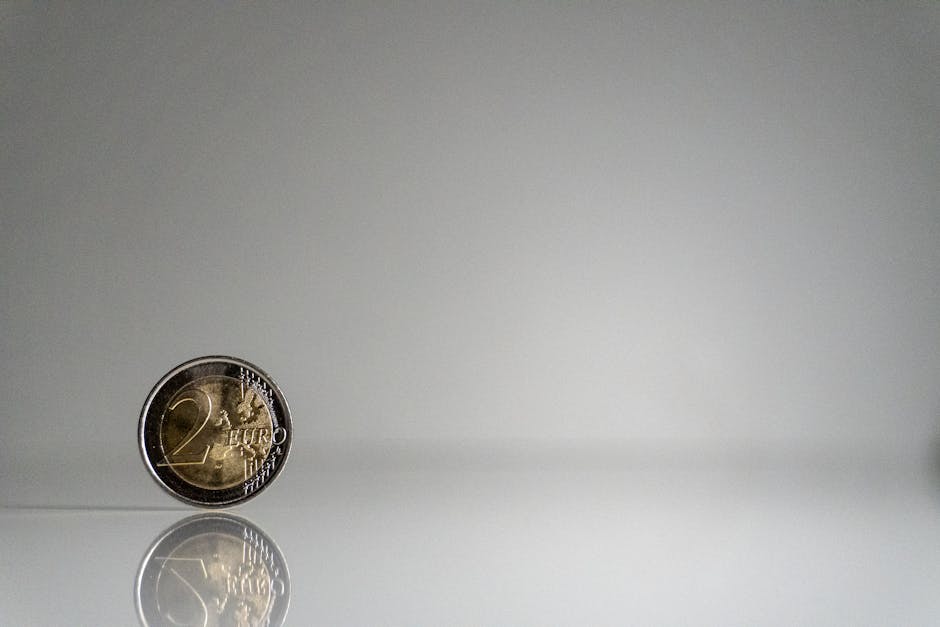A good credit score is essential for accessing financial products and services, such as loans, mortgages, and credit cards, with favorable terms. A low credit score can make it difficult to obtain these things, or result in higher interest rates and fees. If you're looking to improve your creditworthiness, there are several steps you can take to repair your credit score and build a healthier financial future.
Begin by obtaining copies of your credit reports from the three major credit bureaus: Equifax, Experian, and TransUnion. Review your reports carefully for any errors, such as incorrect personal information, accounts you don't recognize, or inaccurate balances. If you find any errors, dispute them with the respective credit bureau immediately. Providing supporting documentation, like account statements or proof of identity, can expedite the process.
Paying your bills on time is one of the most important factors in building a good credit history. Late payments can significantly lower your score, so set up automatic payments or reminders to ensure you never miss a due date. Even if you can't afford to pay the full balance, making the minimum payment on time demonstrates responsible credit management.
High credit utilization, which is the ratio of your outstanding credit card balances to your total available credit, can negatively impact your score. Aim to keep your credit utilization below 30%. Paying down existing balances or requesting credit limit increases can help lower this ratio. Avoid closing old credit card accounts, as this can decrease your total available credit and potentially increase your utilization ratio.
Diversifying your credit mix can also contribute to a healthy credit score. Having a combination of different types of credit, such as credit cards, installment loans, and mortgages, demonstrates your ability to manage various financial responsibilities. However, only take on debt that you can comfortably manage and repay.
If you have collection accounts on your credit report, contact the collection agencies to negotiate a settlement. Paying off collection accounts can improve your score, but be sure to get any agreements in writing before making any payments. Sometimes, settling a debt for less than the full amount can still have a positive impact on your creditworthiness.
Building good credit takes time and consistent effort. Regularly monitor your credit reports, pay your bills on time, and maintain a low credit utilization ratio. By following these steps, you can gradually repair your credit score and unlock greater financial opportunities.
Remember, repairing your credit is a marathon, not a sprint. Stay patient, stay persistent, and celebrate your progress along the way. A healthy credit score is an investment in your financial future, and the rewards are well worth the effort.

